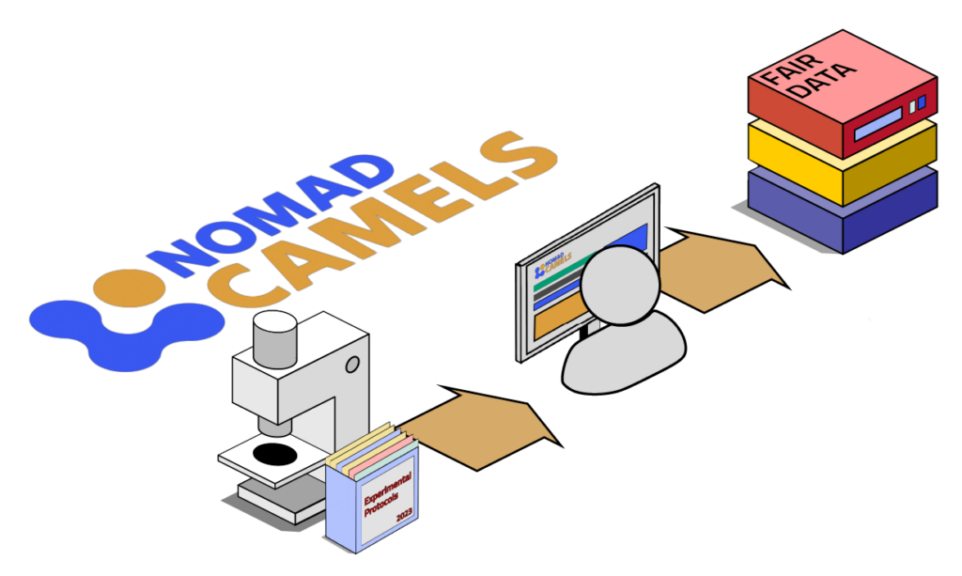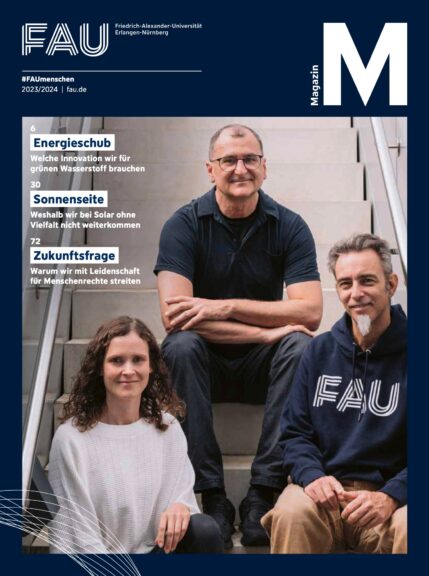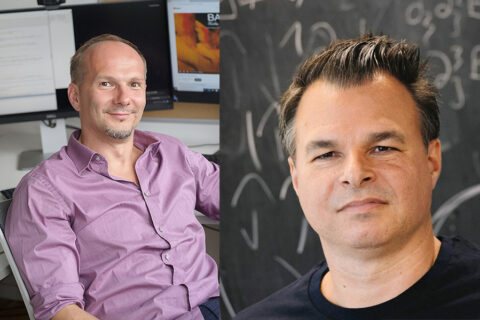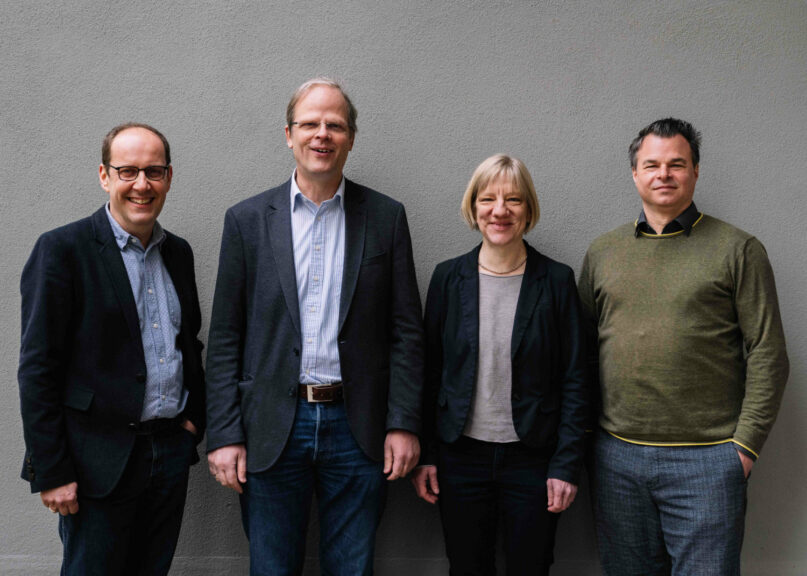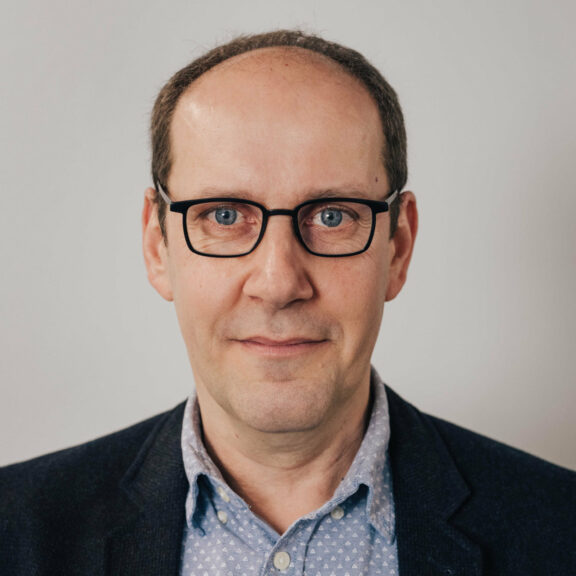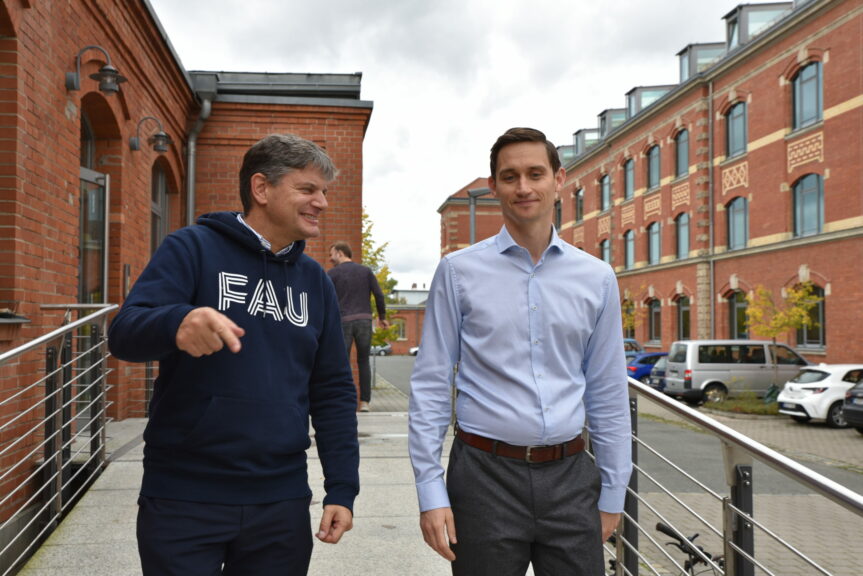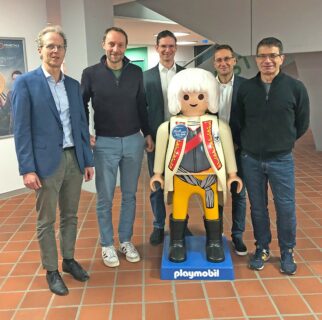Latest Posts
FAU LMQ welcomes eight new members
The FAU Profile Center Light.Matter.QuantumTechnologies will be further strengthened by eight new members Daniel Burgarth, Department of Physics Dirk Guldi, Department of Chemistry and Pharmacy Michael Krieger, Department of Physics Vojislav Krstic, Department of Physics Norbert Lindlein, Department Physics Stefan Malzer, Department of Physics Alexander Schneider, Department of Physics Stefan Will, Department of Chemical and Biological Engineering from the Faculty of Sciences and the Faculty of Engineering. A warm welcome and fruitful collaborations!
Installation of new supercomputers for simulation and AI
The Center for National High-Performance Computing at Friedrich-Alexander-Universität Erlangen-Nürnberg (NHR@FAU) has ordered the installation of two supercomputers. With the new high tech devices, the NHR location in northern Bavaria is continuing to grow, providing researchers from the whole of Germany with even more performance capacity.


